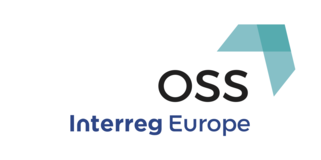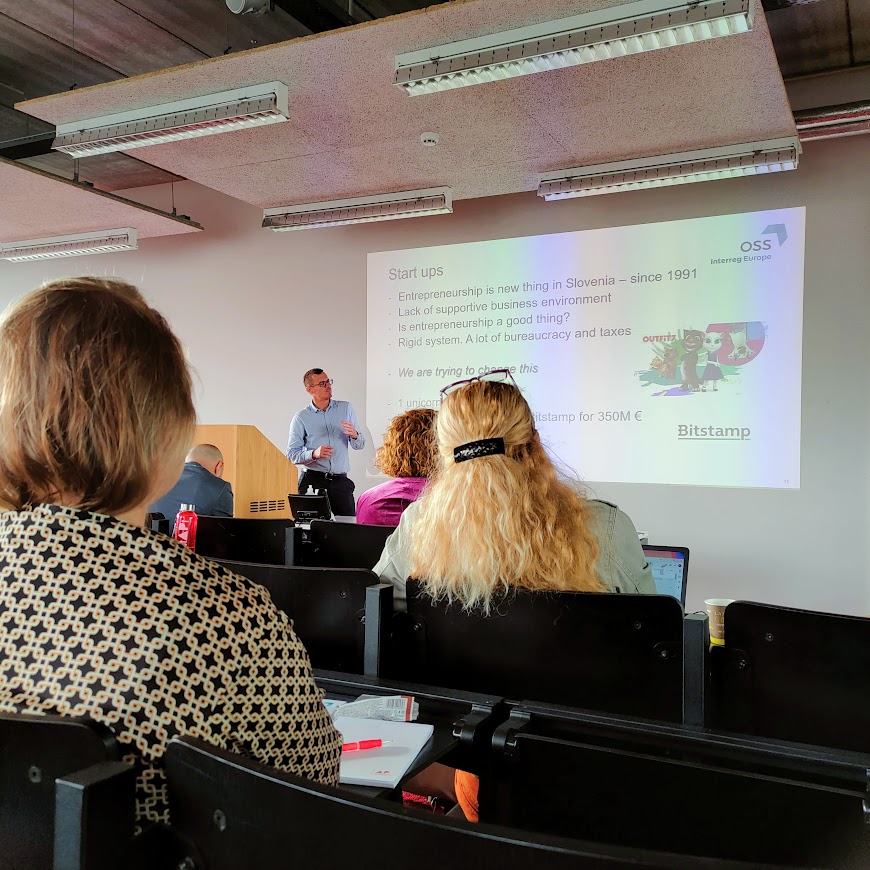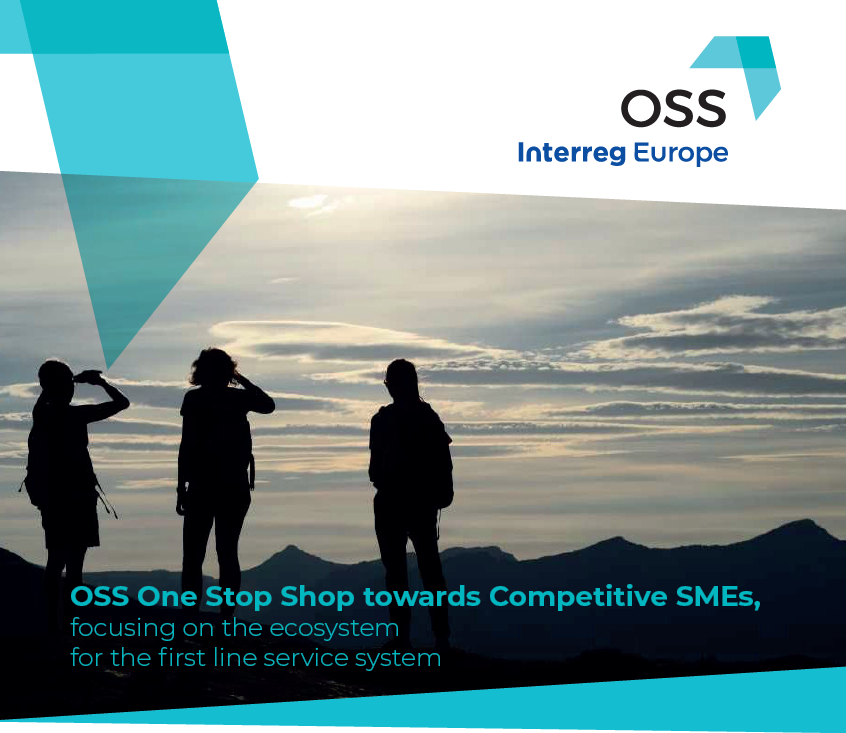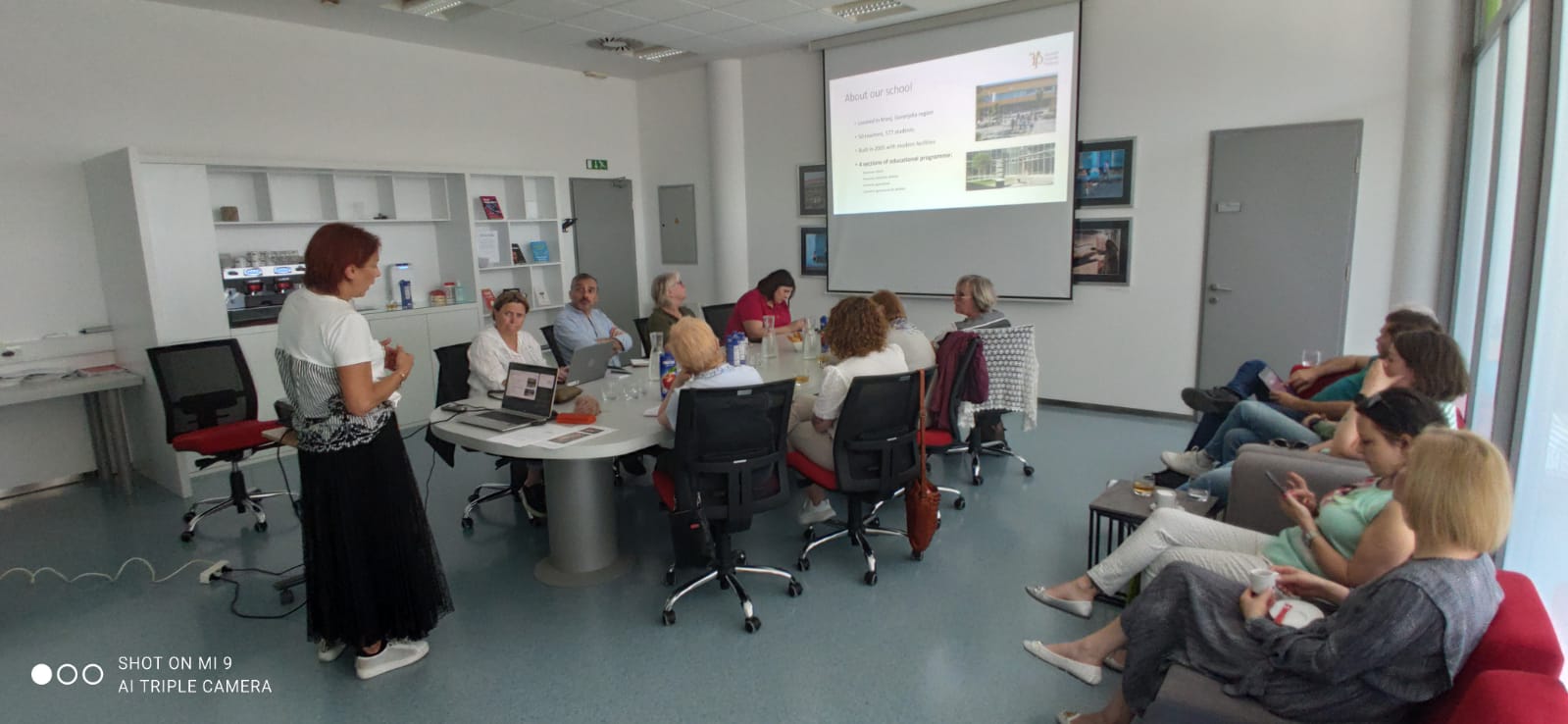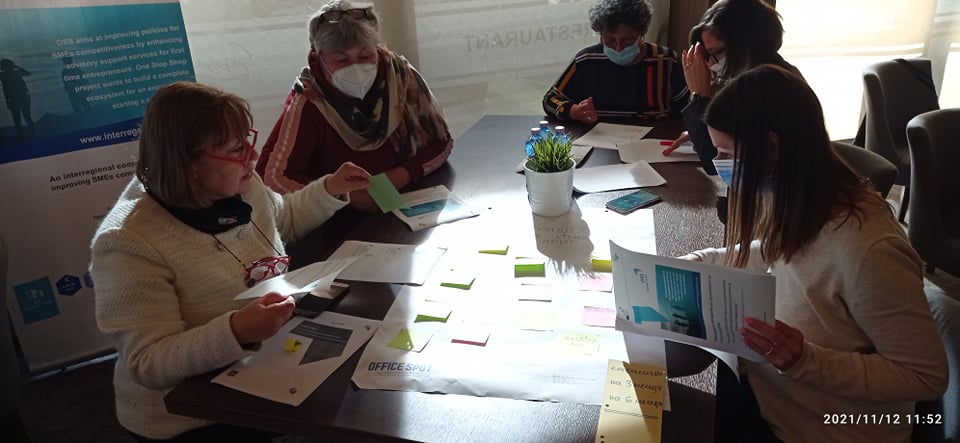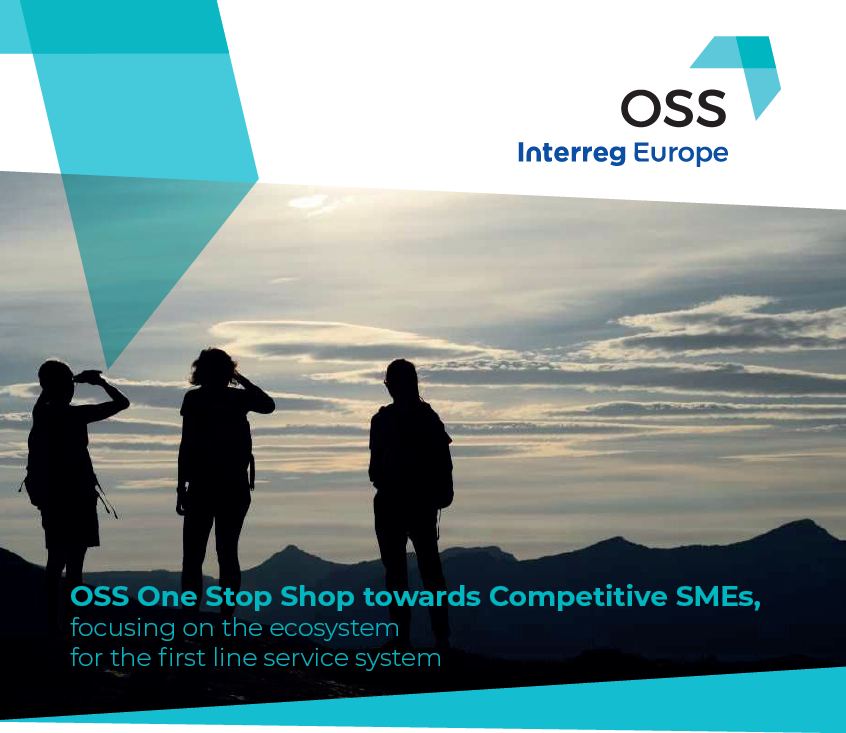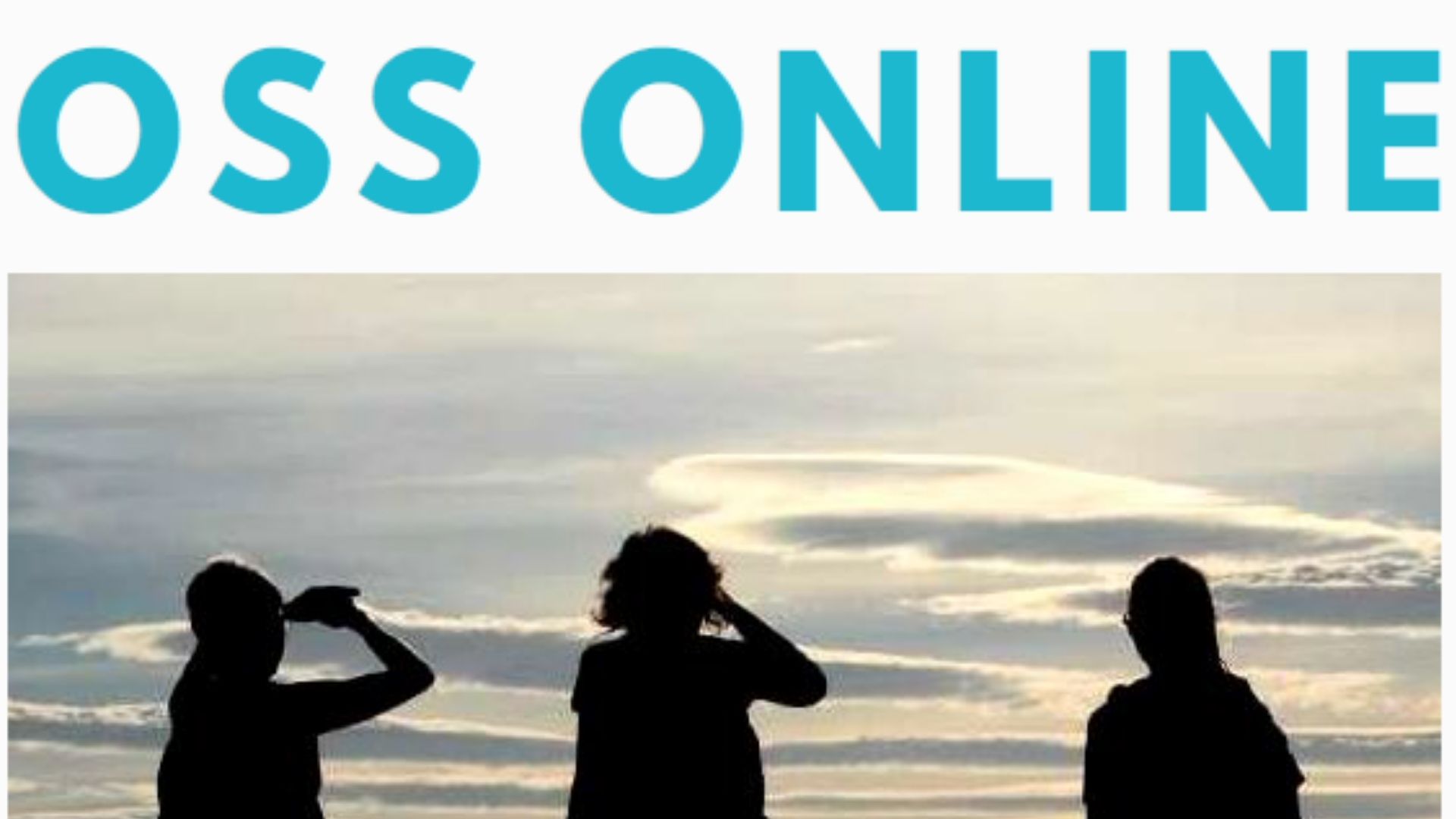Companies from the "Aeropolis" Podkarpackie Science and Technology Park have joined the fight against coronavirus. Helmets, among others, are produced near Rzeszów. They are printed on 3D printers by Cervi Robotics. These visors have an anti-bacterial and potentially virucidal cover. Helmets are printed and assembled on a regular basis, then sent to hospitals by courier. They are also ozonized before shipping.
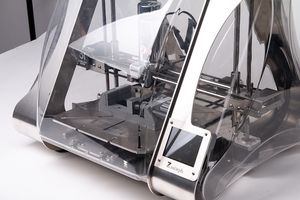
Photo: pixabay
In DA Glass laboratories, tests were carried out with high-vacuum sputtering of an antibacterial nano way on PET film, of which the visor is built. The results showed that the layer is stable, so thanks to this production started, which continues to this day. It is thanks to D.A. Glass, which specializes in modern technologies of chemical and physical treatment of glass. The three substances that were used during spraying not only have an antibacterial effect but also have a virucidal nature documented in the scientific literature.
RnD.Aero Sp. Z oo also joined the campaign to supply doctors and rescuers with as many personal protective equipments as possible. z o.o., The company deals in the everyday production of soft elements of interior furnishings for passenger aircraft (including seat covers, curtains, carpets). To fight the epidemic, they made masks from the materials they had in stock. They come in two variants, with a filter pocket, and without a pocket.
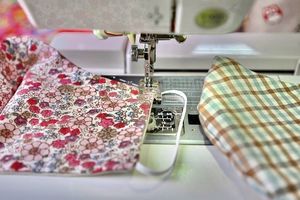
Photo: pixabay
To support the fight against coronavirus, DKK Development has modified its telecare system. It has been developing this system for over a year. It involves 24-hour monitoring of the health of the elderly and lonely with the help of a special wristband. The basis of such a system is a special SOS button built into the selected device, thanks to which you can easily call an ambulance and call for help. Signals are received by the duty dispatcher who, thanks to the data stored in the system, gains access to information about the patient: about health, age, diseases, medications taken, location, place of residence, contact with family and neighbors and directions to the ambulance.

Photo: pixabay
Another example of making life easier during an epidemic is the example of Digitalseum. It is an IT platform dedicated to cultural and art institutions, allowing above all to quickly and intuitively share resources on a website, e.g. museums or archives. Employees are providing free online training how to share collections and use the Digitaliseum Platform. They show how to use a tablet to quickly digitize and put a photo taken by a museum employee on his institution's website. The platform also allows it to be operated by employees of cultural institutions in the "home office" formula, which is an important asset.
All of these activities are run to fight the epidemic and to limit the negative influence of the virus to our life. We may be proud that startups incubated in AEROPOLIS also accepted the challenge to fight.
